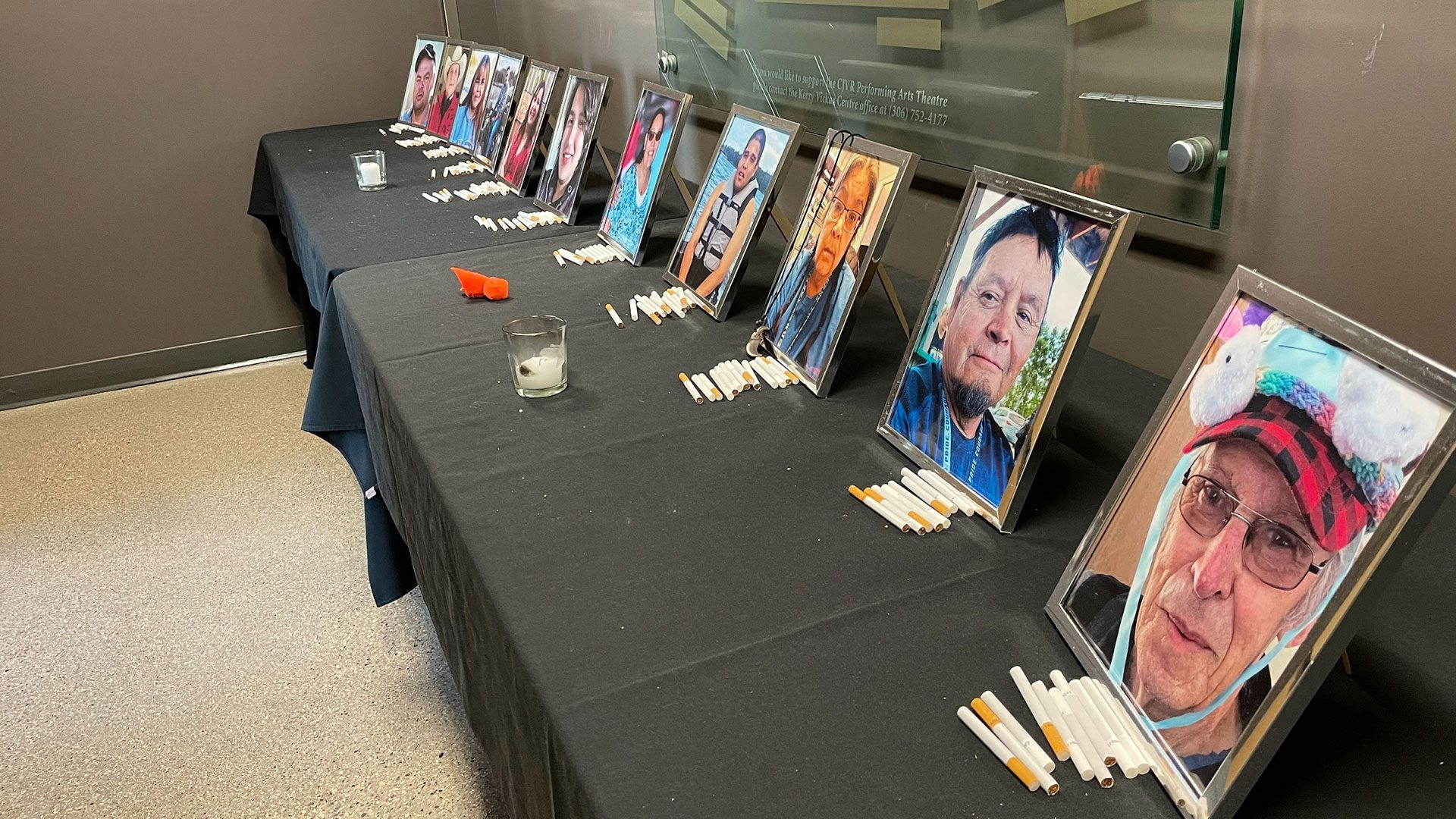The number of people living in shelters and on the streets has reached an all time high and encampments can be seen in every city and town across the country. It’s become a crisis in the City of Edmonton and dominated headlines lately.
Blake Desjarlais is Métis Cree and the NDP MP for Edmonton, Alta. He said there are solutions to the problem including bringing back the National Housing Strategy, which was cancelled in 1995 by the Paul Martin Liberal government, would make a significant difference for those living on low income.
“The outcome of that was to begin to see the private market deal completely and solely as the only actor in the housing market, this is the problem that we’re facing in Canada today,” he told Nation to Nation host Annette Francis.
Studies have shown that Indigenous people are 11 times more likely to be unhoused and some suggest racism, historic trauma and colonialism are direct causes.
According to Desjarlais, Canada’s history is one of displacement for Indigenous people and this has direct impacts today.
“When I was in my community of Edmonton, I spoke to people, residential school survivors living in tents,” he said. “I spoke to people who are Sixties scoop survivors of CFS [child and family services] and they were young children out there, because they were dropped off on the street because the child family services system we have in this country is deplorable.”
Mining in Ontario
A surge of mining claims in northern Ontario has left some First Nations scrambling to keep up. The Chiefs of Ontario are now asking the province for a one-year moratorium.
Grand Council Chief Reg Niganobe, of the Anishinabek Nation which represents 39 First Nations, says the uptick in claims is due to the online application process.
“This was a concern that had come up already, they made the move anyways and here we are now, First Nations of course are being inundated with so many claims now,” he said.
Niganobe says a pause would help First Nations get back on track and deal with the issue but there’s still many questions for the provincial and federal governments.
“A lot of it is, are the First Nations being consulted on these claims, how the process works, and are First Nations being included in land ownership in these regards,” said Niganobe.
Saskatchewan inquest

An inquest into the mass stabbing in James Smith Cree Nation in Saskatchewan wrapped up this week. In September 2022, the community was left in a state of shock after Myles Sanderson killed 11 people and injured 17. Sanderson had breached his parole conditions repeatedly and was considered unlawfully at large when the incidents occurred. He had a lengthy criminal record, including multiple violent offences.
The jury made14 recommendations and the coroner made 15, including better collaboration between James Smith Cree Nation and RCMP and more supports for offenders after they are released into a community.
APTN reporter Rachel May has been covering the inquest for the past two weeks in Melfort, Saskatchewan.
She tells Nation to Nation it was an emotional inquest for all involved.
“It’s been a lot to hear. It’s been hard to hear jury members, family members, community members,” she said. “Everyone affected by the tragedy has heard details that they won’t be able to forget. We’ve seen tears, we’ve seen people break down in the hallways.
“It’s been a very emotional journey, but they also are saying that if the deaths of their family members can bring justice for other people who may have experienced similar deaths in their family, or prevent similar deaths in the future from happening, then their deaths aren’t in vain.”












